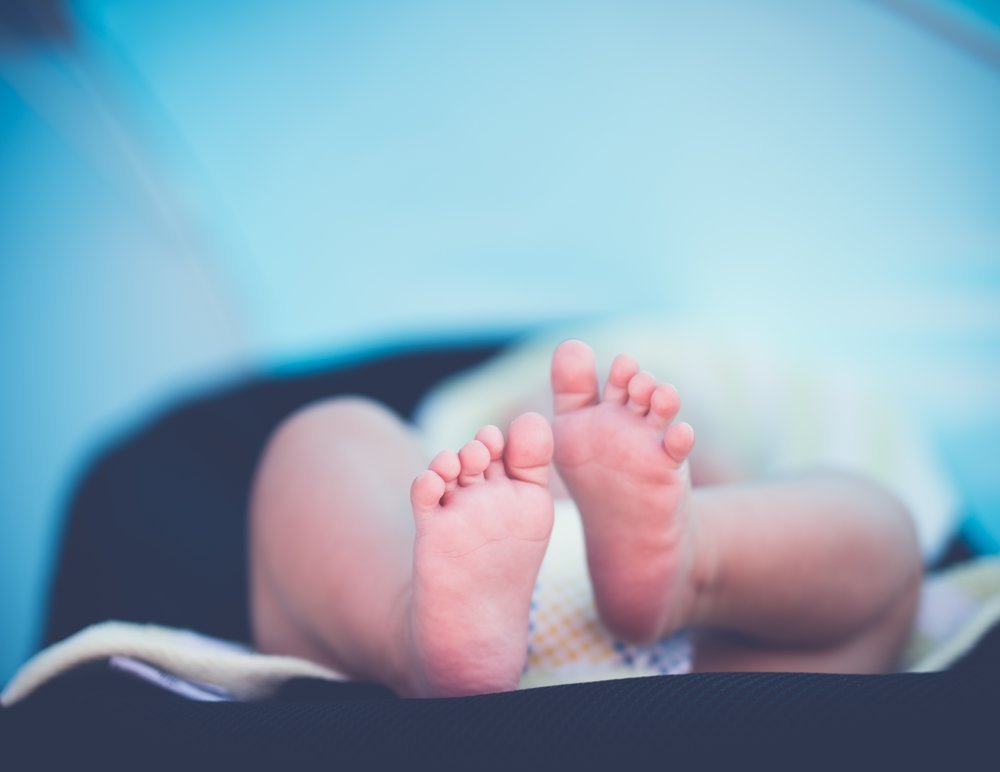
Pregnancy and Postpartum Anxiety and Depression
Hormonal, physical, emotional, and relationship changes are among the many variables that contribute to anxiety and depression in pregnant and postpartum women. Therapists at CBTDenver have specialized training in working with mothers and mothers-to-be.
Treatment focuses on concrete skills to manage anxiety and depression, exploring role transitions and relationships, and navigating the stresses of being a new parent.
Postpartum Depression
Postpartum depression is a subtype of Major Depressive Disorder that occurs following childbirth. The weeks following childbirth and following weaning are particular times of vulnerability. Anxiety is a common feature of postpartum depression but other symptoms may include but are not limited to the following:
Inability to sleep or sleeping excessively
Extreme concern and worry about the baby or a lack of interest in the baby
Anger toward the baby, your partner, or other family members
Worries about harming your baby
Irritability
Excessive crying
Difficulty concentrating or remembering
Feelings of doubt, guilt, helplessness, hopelessness, or restlessness
Lethargy or extreme fatigue
Loss of interest in hobbies or other usual activities
Feeling emotionally numb
Frequent calls to the pediatrician with an inability to be reassured
Recurrent thoughts of death or suicide
Obsessive-compulsive features, including intrusive, repetitive thoughts and anxiety

